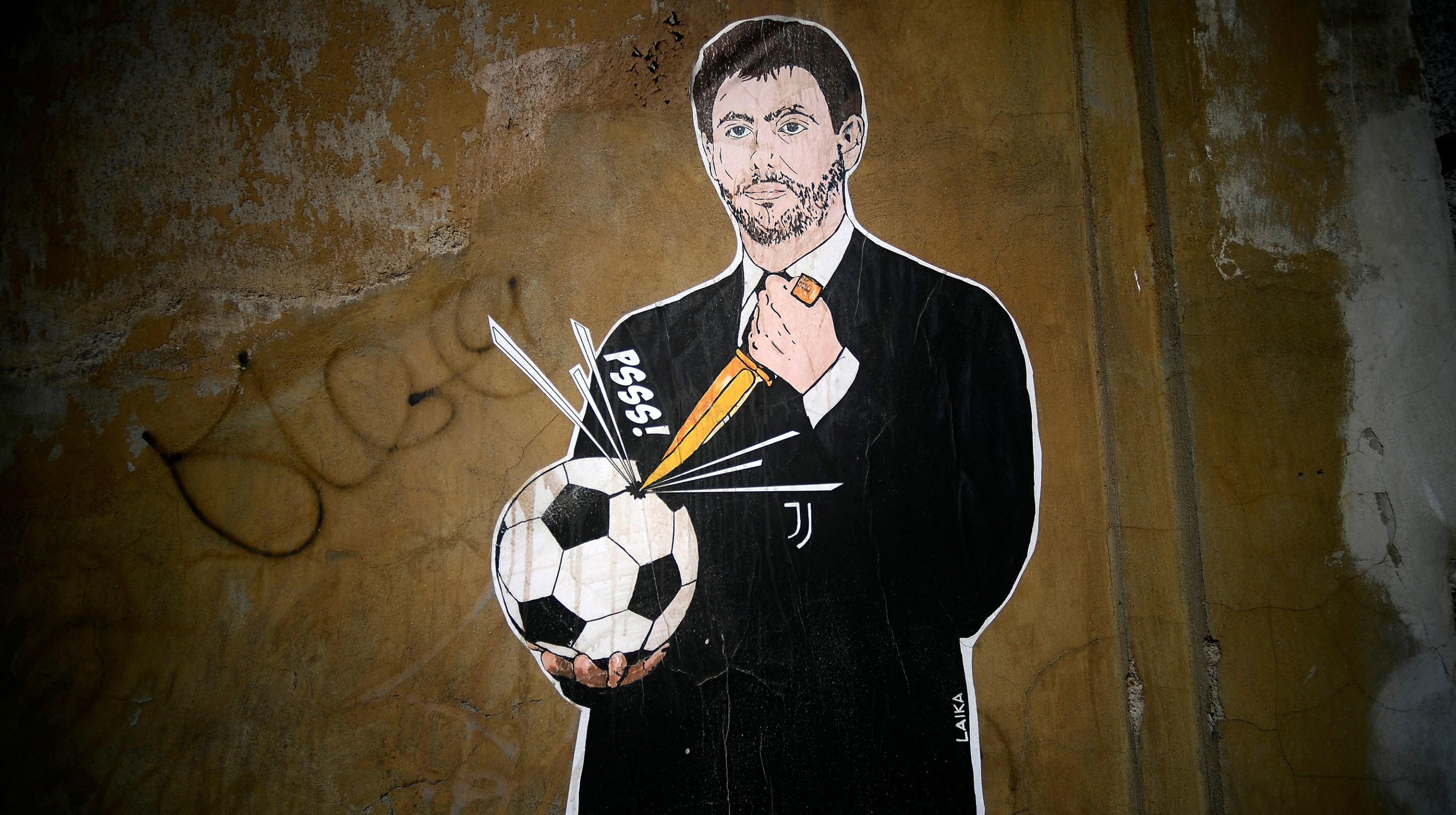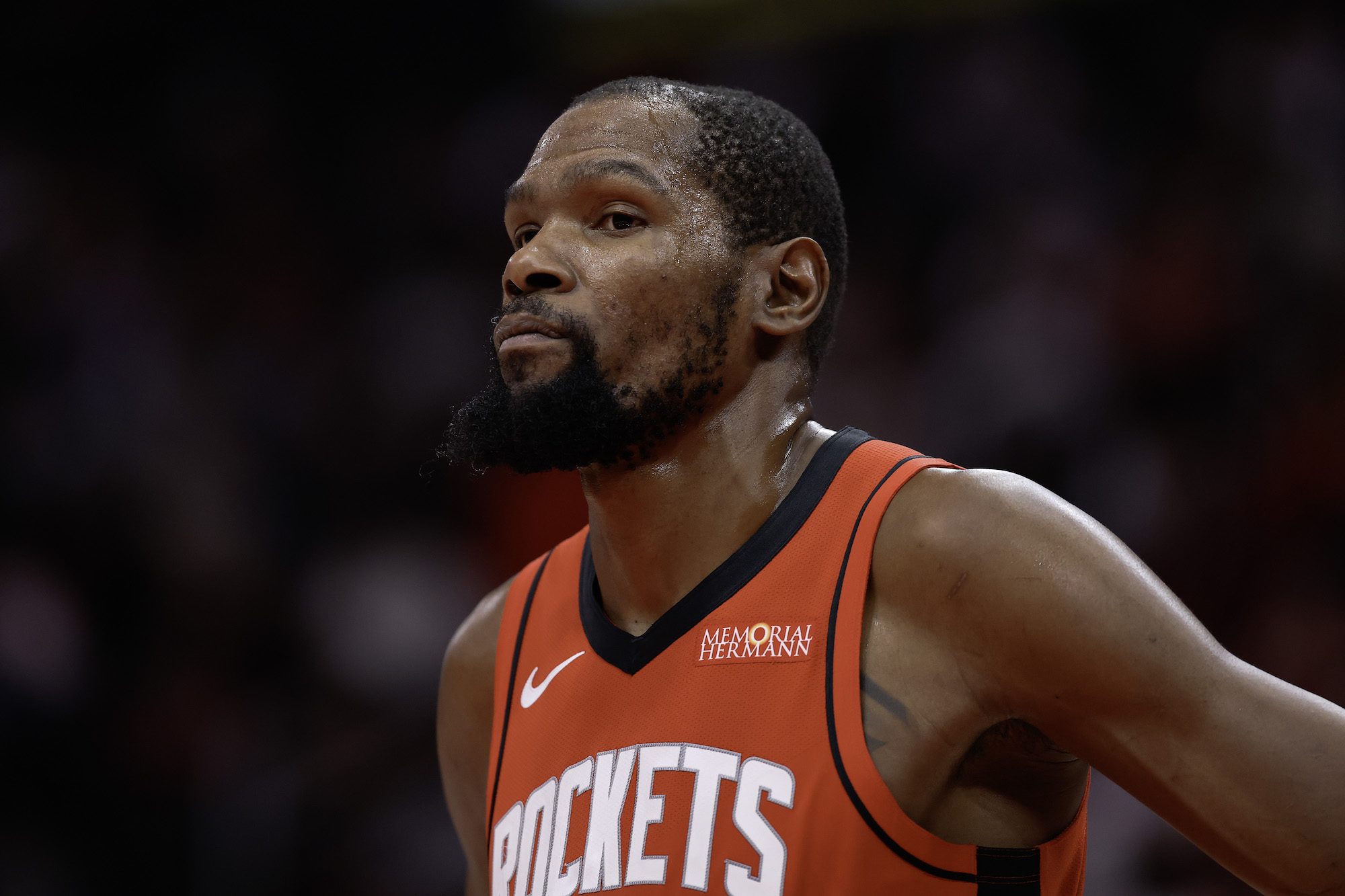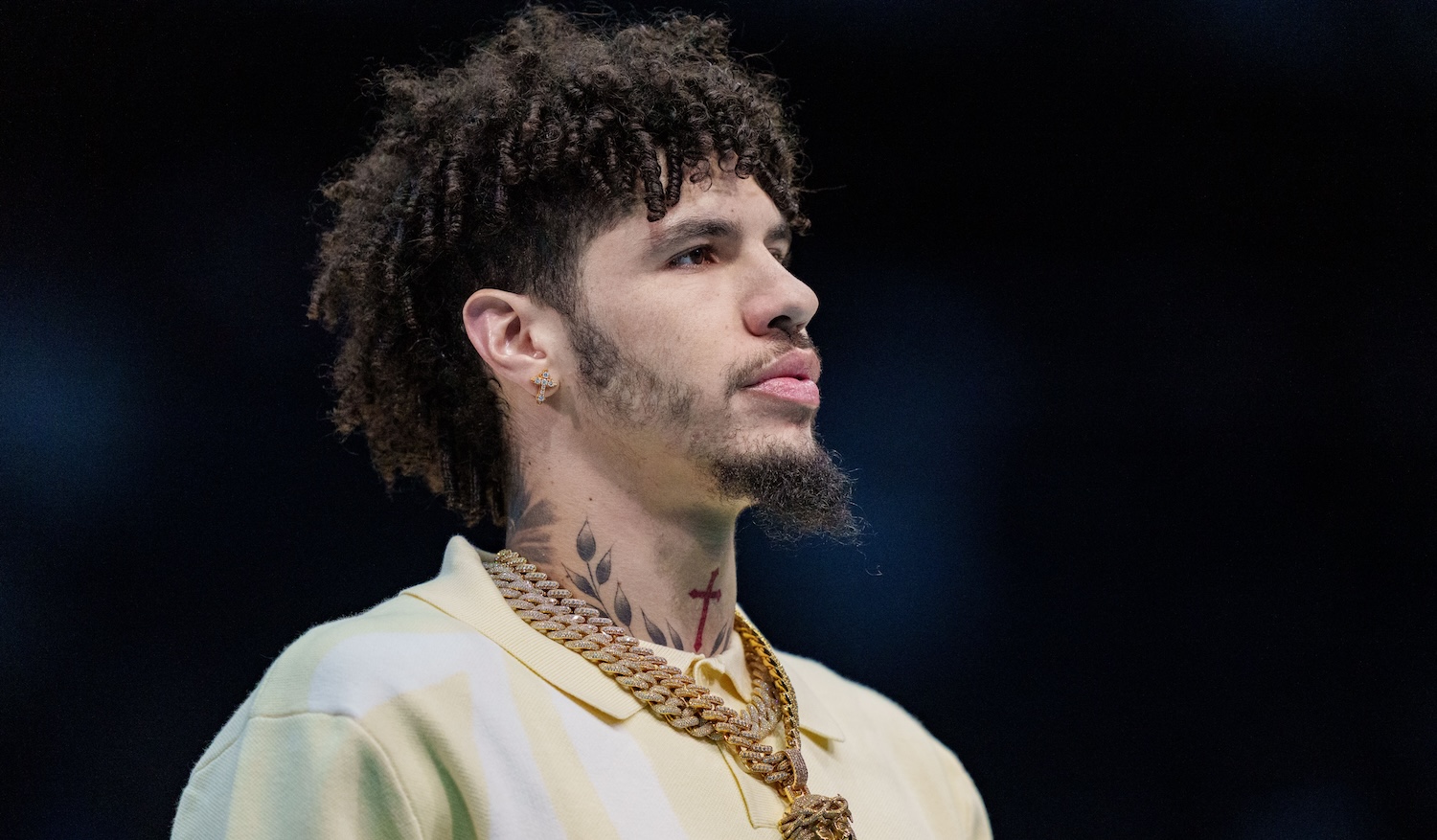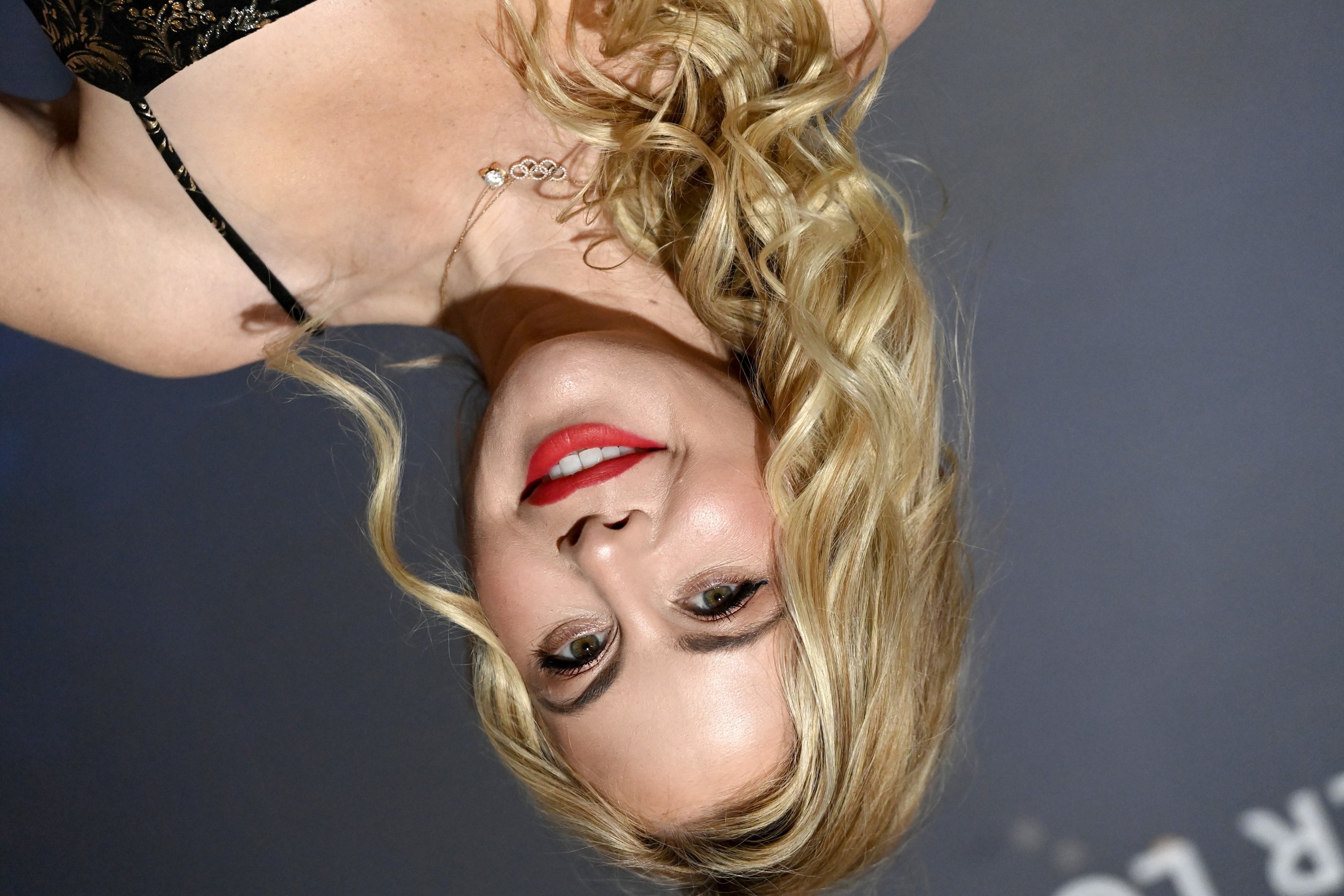Of all the surreal twists and turns from this wild week in European soccer, the one I keep coming back to happened on Monday night in Spain. Real Madrid president Florentino Pérez gave a rare interview with Spanish program El Chiringuito De Jugones, in which he blasted the idea that the European Super League was anything but a well-meaning inevitability. Specifically, Pérez said that the 12 clubs were united, by intention and by law, in their quest to break off from the Champions League and create their own, highly profitable tournament.
Given that the Super League would fall apart less than 24 hours after Pérez's interview, it's a riveting watch:
It's also the most emblematic of a series of easily predictable mistakes that the so-called "Dirty Dozen" stumbled into as they tried to change the fabric of the world's most popular sport.
Anyone who has ever worked in any kind of marketing or product-launch capacity knows that you have to be prepared for pretty much every point of negative feedback that will be brought against you. I worked at a social media agency that helped launch a much-less reviled soccer tournament back in 2013, and most of my pre-launch time went into formulating a cohesive marketing plan and setting up soundbites for our community managers to use on social media if they faced negativity. It wasn't the most fun work, but it was necessary to ensure a smooth transition from idea to reality.
The Super League clubs appear to have done less work than I did as a 24-year-old sitting in a cold Manhattan office. Thanks to a thorough and damning report by the New York Times, we now know that there wasn't even a plan to have a consistent face for the project:
By then, it was hoped, the clubs might have found a frontman for the breakaway. Florentino Pérez, the president of Real Madrid, had been the driving force behind much of it; it was, to some extent, his brainchild. But his peers were aware that he would struggle to convince an English audience, in particular.
The Manchester United co-chairman Joel Glazer, whose family also owns the Super Bowl champion Tampa Bay Buccaneers; Chelsea’s Russian billionaire Roman Abramovich; and Arsenal’s Stan Kroenke, who controls nearly a dozen professional teams, almost never speak publicly. Manchester City’s owner, Sheikh Mansour bin Zayed al-Nahyan, a member of the royal family of Abu Dhabi, doesn’t speak to reporters at all. And others considered for the role — like Liverpool’s majority owner, John W. Henry — were unwilling to accept it.
New York Times
Watching these billionaires flop around after failing to do the most minimal of due diligence before attempting to revolutionize the sport was schadenfreude of the kind one can only hope to experience a few times in life. The NYT reports that there were concerns about potential problems in the communications plan, but whether by hubris or by incompetence, those concerns were ignored:
There were also concerns that the rebels’ communications strategy — marshaled by Katie Perrior, a political operative close to Boris Johnson, the British prime minister — was too focused on winning governmental, rather than popular, support. There had been no effort to consult, involve or win over fans, players or coaches. An outcry might destroy everything before the lobbying effort could begin in earnest.
New York Times
That last point is the most stunning of all: The Super League collectively and the clubs individually had no plan for the glaringly obvious fact that their little plot would elicit a fearsome and united opposition, consisting of fans, the media, former players, current players, managers, the British government and, of course, the clubs and leagues left out of this great experiment. These executives might have enormous bank accounts and lofty positions at the head of world-famous organizations, but never forget that in spite of their fame and success and wealth, these kinds of people are shockingly often complete and utter idiots.
At no point in time did the Super League's leaders have control of the messaging around the proposal, and so they could not spin it in their favor. That, to me, is what really killed it. The Guardian quoted one Super League source who put it well, describing attempts to wrestle back the narrative as "like shouting into a hurricane." That hurricane became all too real for member clubs Liverpool and Chelsea, who had the unfortunate timing of playing matches shortly after the announcement.
Elsewhere, UEFA president Aleksander Ceferin was on the warpath, particularly against Juventus chairman Andrea Agnelli. Ceferin and UEFA laid their own cards on the table against the Super League in an explosive press conference. There was talk of domestic league bans, international bans for players who played in the Super League, and potential lawsuits.
The NYT report revealed how deeply personal a matter this was for Ceferin, specifically in relation to Agnelli and Manchester United's soon-to-be ex-president, Ed Woodward. Ceferin called them "snakes" and "liars," and went further in condemning Agnelli, saying, "I have never seen a person who would lie so many times and so persistently as he did." As the NYT pointed out, Ceferin and Agnelli had been close friends before all of this, and Ceferin is even godfather to one of Agnelli's children.
Really, though, it was over for the Super League the second Gary Neville started speaking. His impassioned screed neatly encapsulated many of the reasons why the Super League was such an abomination in the minds of those who love the sport, and set the frame in which much of the world would see the issue. In one 10-minute speech, Neville did more to doom the Super League than months of preparation by the clubs involved did to save it. They desperately needed someone to counter Neville's narrative, to give their side of the story with the same amount of force and persuasiveness. What they got instead was Florentino Pérez impotently shouting into a hurricane, one that would, in quick order, totally destroy his pet project.






